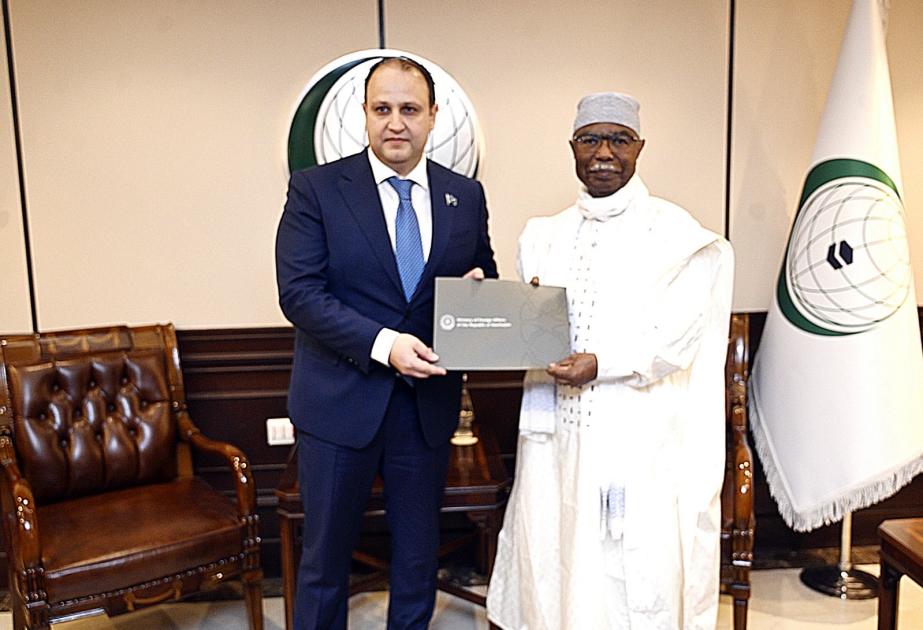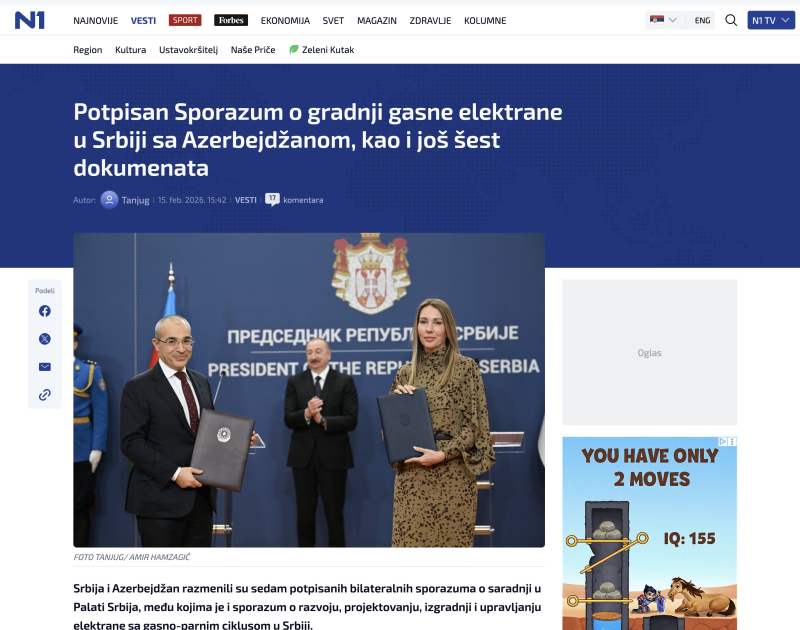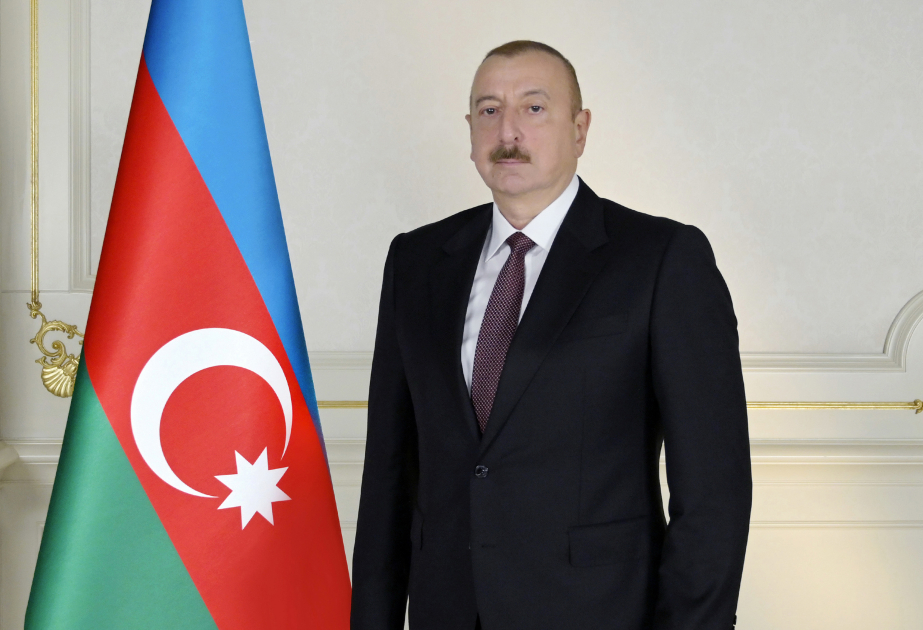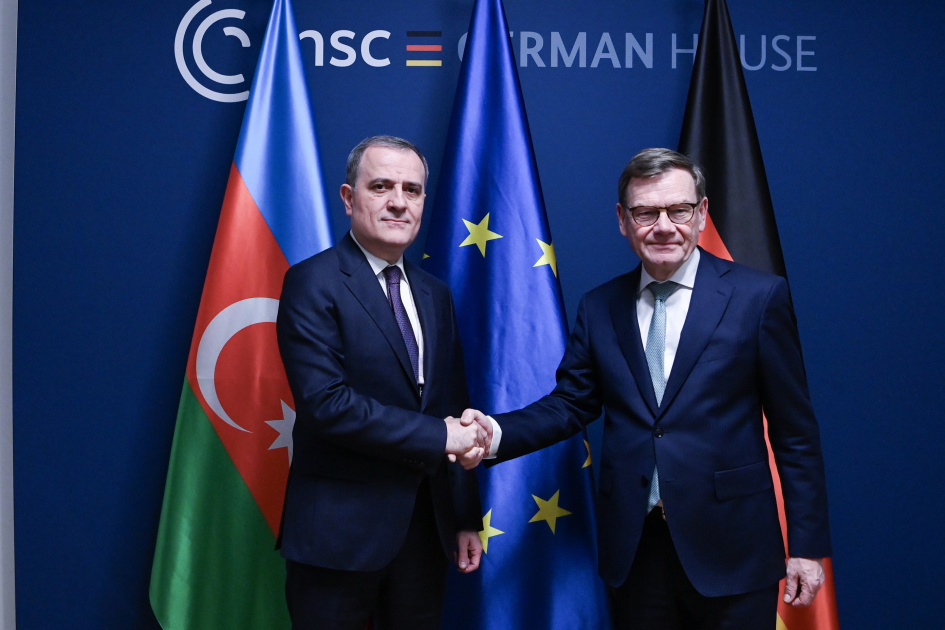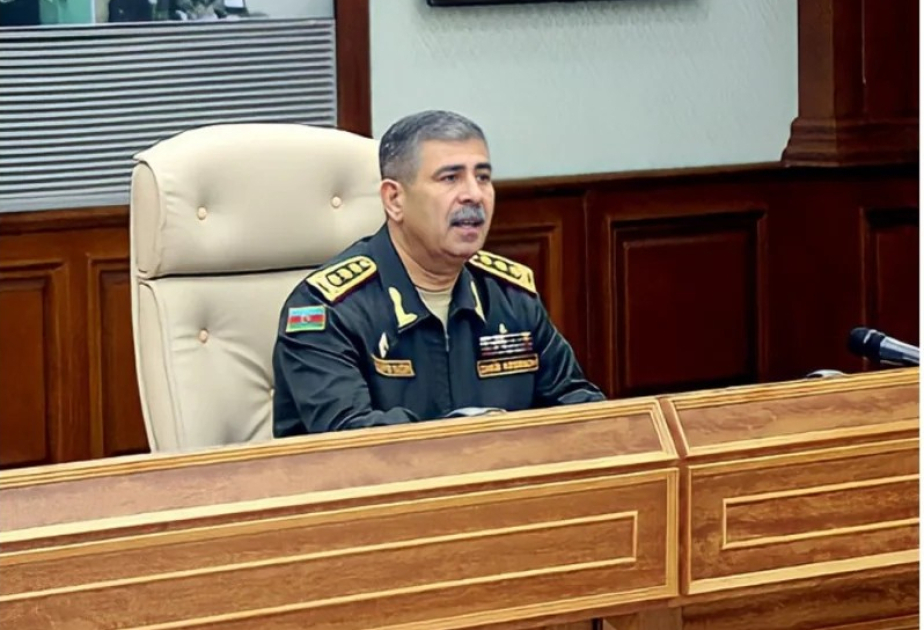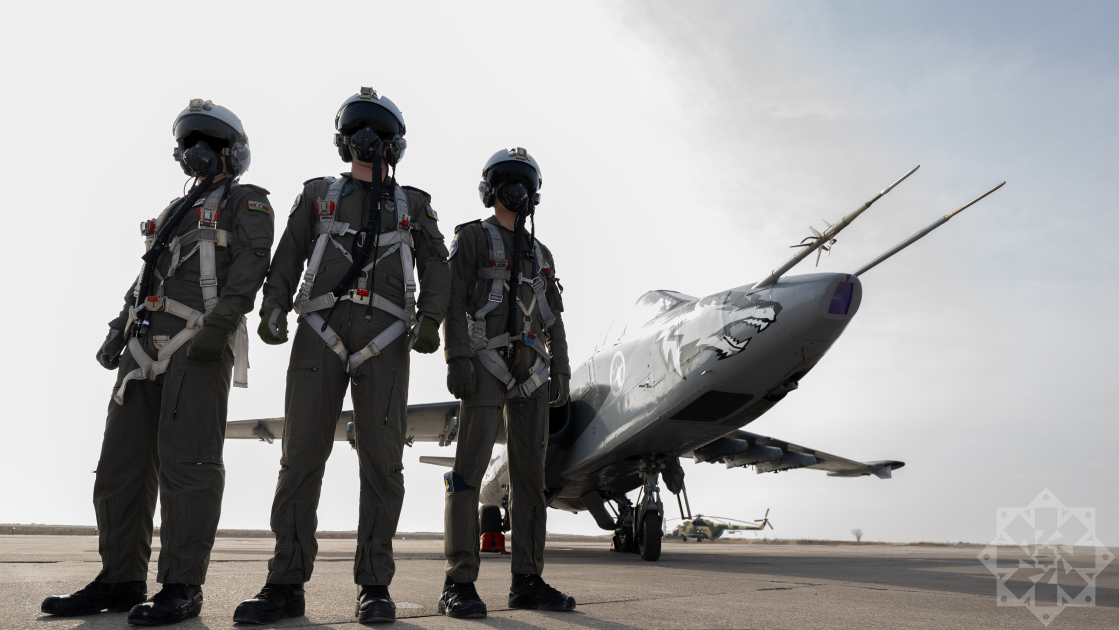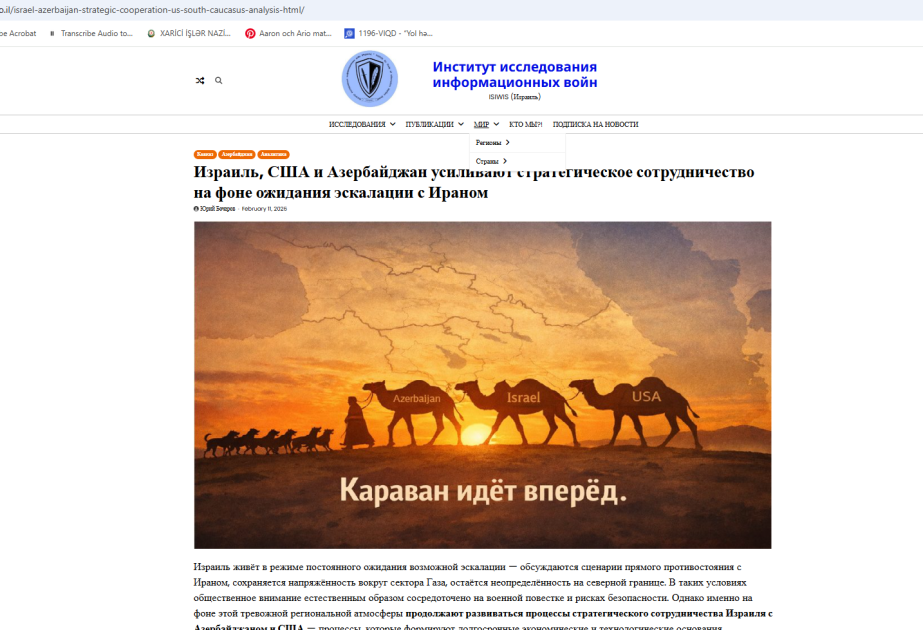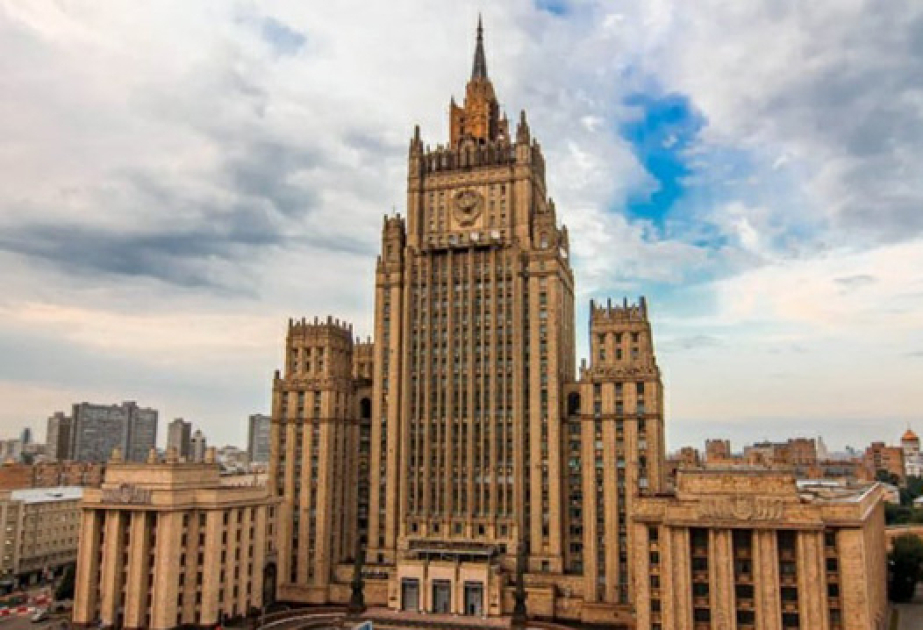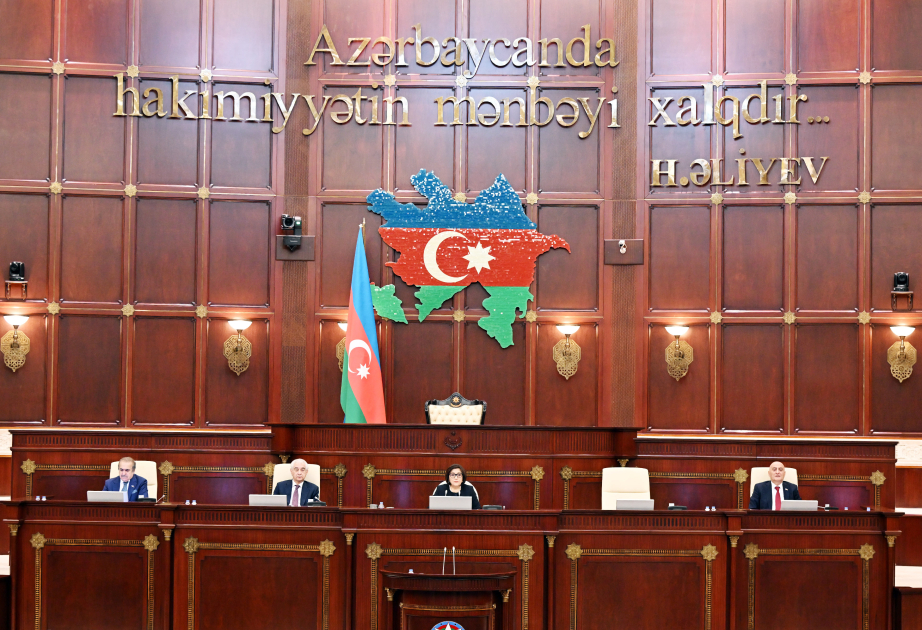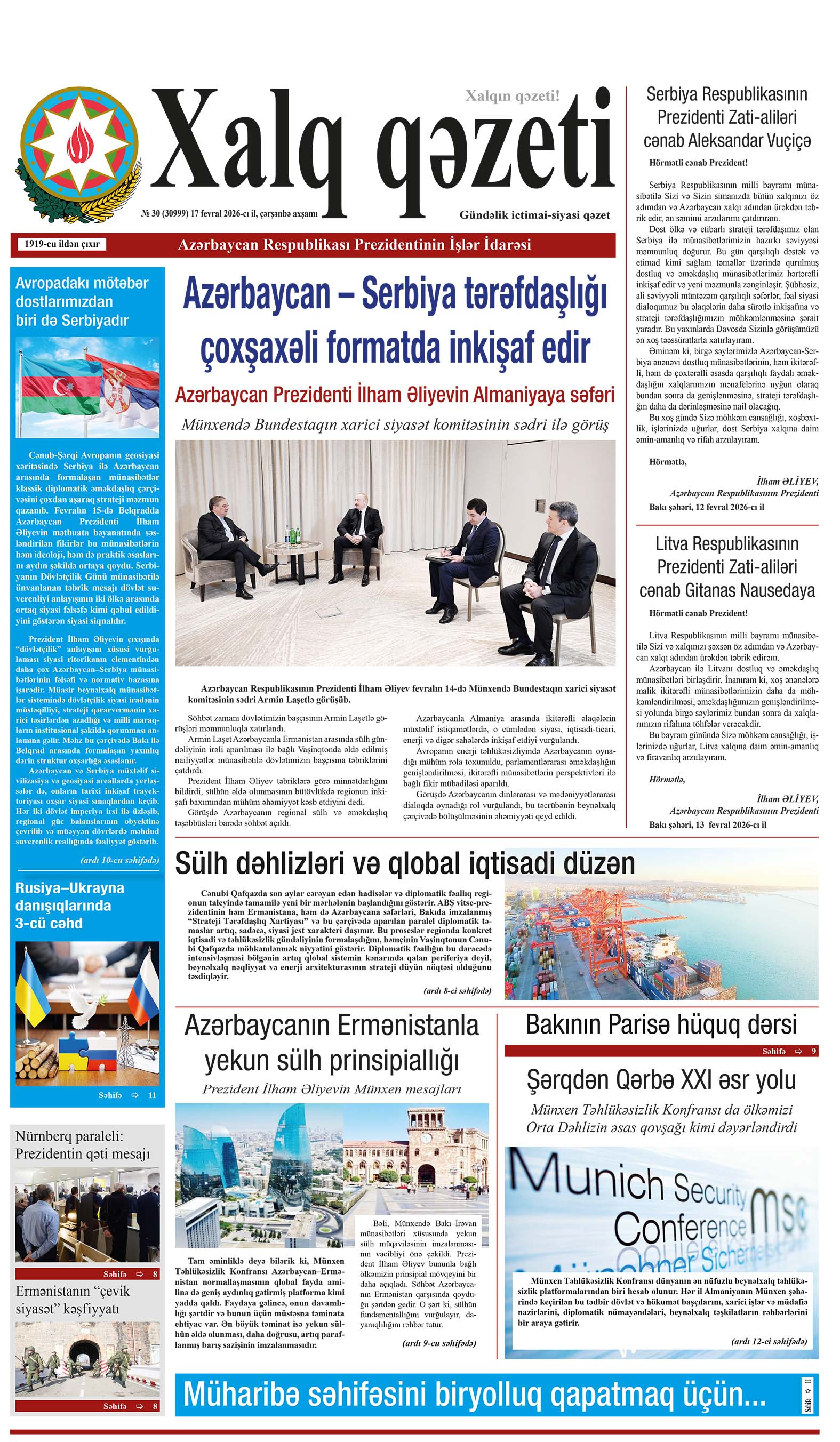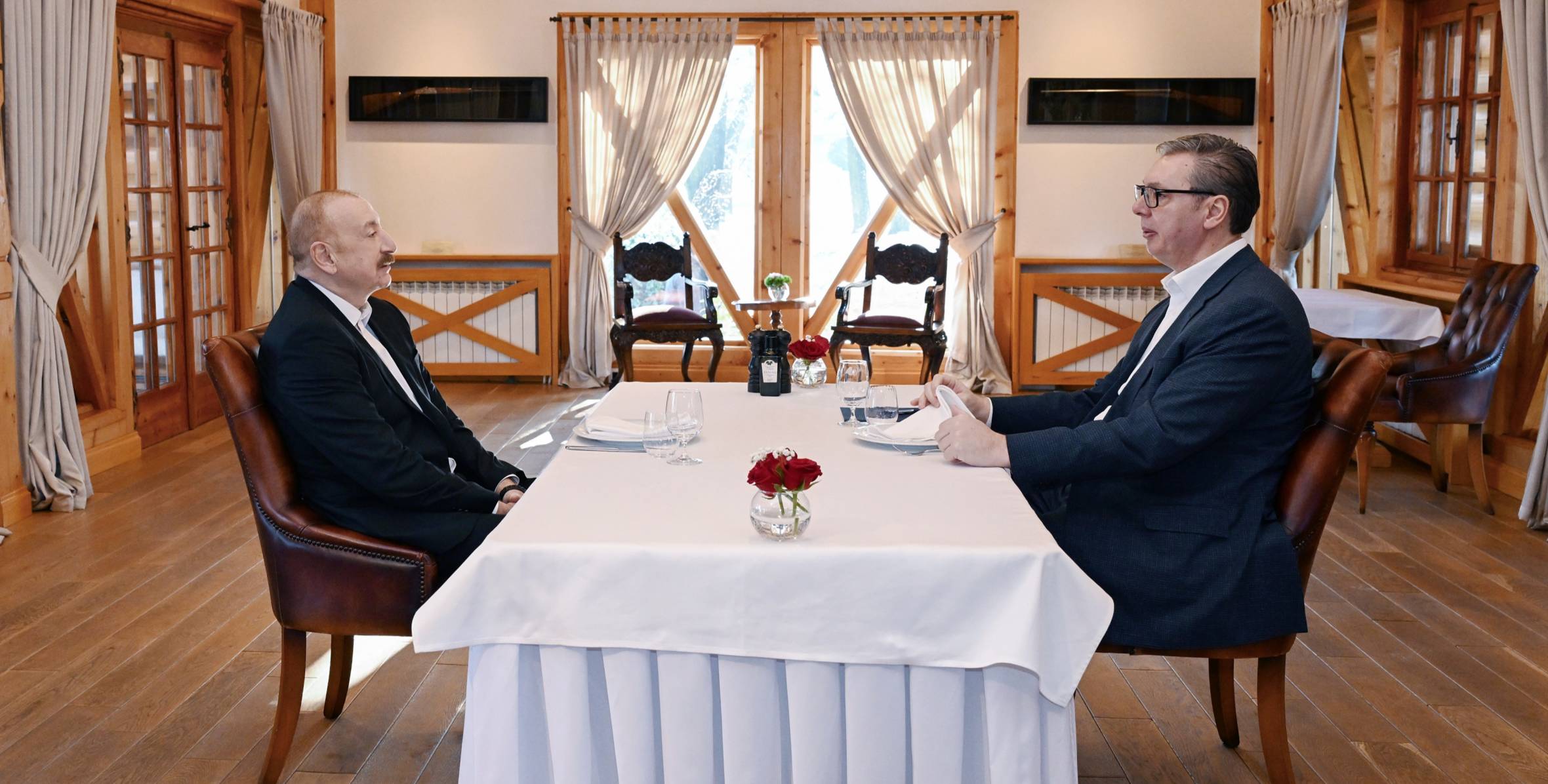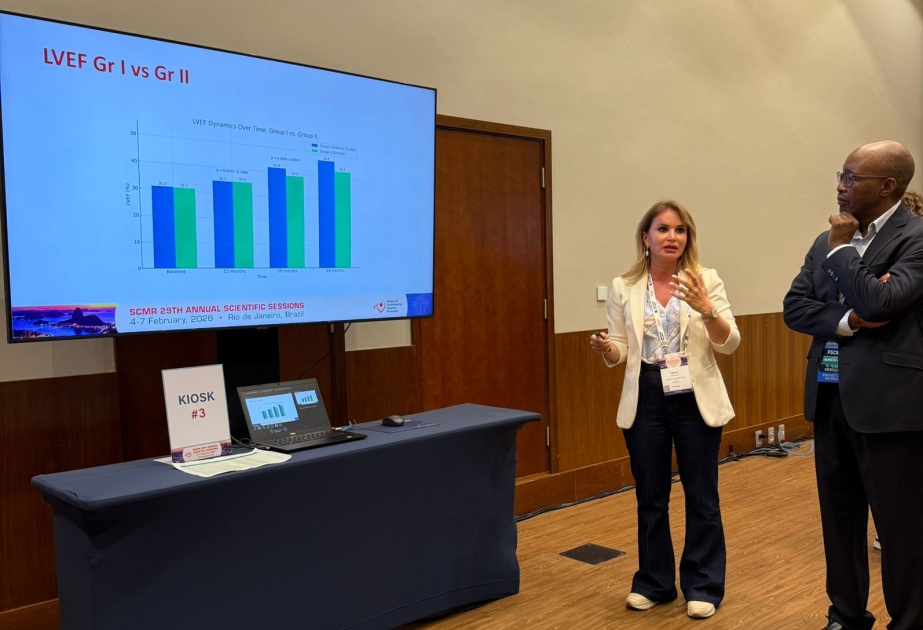20 years equal to a century
During the 20 years of his leadership of the country, President Ilham Aliyev was based on the principle of "strong economy - strong state". For this, the head of the country, first of all, made the most of the opportunities of the economic strategy. Back in 2003, during the short period during which the President of Azerbaijan exercised his powers, Mr. Ilham Aliyev signed the Decree "On Measures to Accelerate Social and Economic Development in the Republic of Azerbaijan" defining the development priorities of our republic. approved the "State Program for Socio-Economic Development of the Regions of the Republic of Azerbaijan" (2004-2008) aimed at achieving balanced development.
The head of state signed the Decree dated May 31, 2005 "On the strengthening of anti-inflationary measures in the Republic of Azerbaijan", taking into account the possibility of certain threats to macroeconomic stability, including the potential for inflation, at a time when oil revenues are increasing. This document, which realizes the preparation of our national economy for the stage of the oil boom, reflects the issues related to the strengthening of the control over the state budget expenses, the effective management and use of the funds to be obtained from oil exports.
In the subsequent stages, systematic measures were implemented in accordance with the strategic goals of economic reforms in order to adapt to the new challenges created by the processes taking place in the world and to minimize the impact of the current global economic crisis on our country. Thus, a qualitatively new economic development model has been formed for the current, medium and long-term periods of socio-economic development. This has had a positive effect on the preservation of macroeconomic stability, the acceleration of the balanced development of non-oil areas, regions as a whole, the formation of a favorable business and investment environment, and the continuous improvement of the social welfare of the population.
A SUCCESSFUL OIL STRATEGY
The oil strategy, which was established by National leader Heydar Aliyev in 1994, has become the main provider of comprehensive progress over the past 20 years, not only with the record growth of production and export, but also with historical events.
The majority of Azerbaijan's oil production is accounted for by the "Azeri-Chirag-Guneshli" (ACG) block. Since 2001, the net profit of our country has been 171 billion dollars with the launch of the block.
Oil strategy has been written down in history in the last 20 years with a number of historical events:
- On May 25, 2005, the opening ceremony of the Baku-Tbilisi-Ceyhan (BTC) oil pipeline was held, and in 2006, the transportation of Azerbaijani oil from the Turkish port of Ceyhan began;
- On September 14, 2017, a new "Contract of the Century" was signed in Baku on the joint development of the "Azeri", "Chirag" fields and the deep-water part of the "Guneshli" field in the Azerbaijani sector of the Caspian Sea, and on the production sharing. According to this agreement, the share of SOCAR increased from 11 percent to 25 percent, and 75 percent of the profit oil remained for Azerbaijan;
- In 2019, an agreement was reached on the construction of an additional production platform on the ACG;
- In 2020, the "Karabakh" field, whose oil reserves are estimated at more than 60 million tons, went down in history as the first oil field discovered during our independence.
- In 2021, a mutual Memorandum of Understanding was signed between Azerbaijan and Turkmenistan on the joint exploration, development and exploitation of hydrocarbon resources of the "Dostluq" field in the Caspian Sea.
- Azerbaijan, which started cooperating with the Organization of the Petroleum Exporting Countries (OPEC) in 2016, has been a member of the OPEC+ union since December 10 of that year.
As for gas production, let's note that on December 17, 2013, the ceremony of signing the final investment decision on the "Shahdeniz-2" project was held. To date, more than 200 billion cubic meters of gas have been produced from the field. The second largest gas field in Azerbaijan after Shah Deniz was "Absheron": its reserves were estimated at 350-360 billion cubic meters of gas and 100 million tons of condensate.
The gas balance of our republic is completed by two more promising fields - "Umid" field with 200 billion cubic meters of reserves (already being developed) and "Babek" field with 400 billion cubic meters of gas reserves. Also, works are being carried out on the "Shafaq-Asiman" gas field and the "ACG Future gas" project.
Azerbaijan has acted as the initiator and shareholder of the huge strategic Southern Gas Corridor project with a cost of 33 billion dollars and a length of 3,500 kilometers. On September 20, 2014, on the twentieth anniversary of the signing of the "Contract of the Century", the groundbreaking ceremony of this great project was held in Sangachal.
This initiative was first joined by Turkey and Georgia, and in the second stage by Italy, Greece, Bulgaria and Albania. Then the list of new and potential partners included Bosnia and Herzegovina, Croatia and Montenegro.
In 2007, the Baku-Tbilisi-Erzurum (South Caucasian Pipeline) gas pipeline was commissioned, and the gas produced within the first stage of development of the "Shahdeniz" field was exported to Georgia, Turkey and Greece.
In 2012, an agreement was signed on the TANAP (Trans-Anatolian Gas Pipeline) project. A year later, the "Shahdeniz" consortium chose the TAP (Trans-Adriatic gas pipeline) project, which connects the southern border of Turkey with Italy, in order to deliver Azerbaijani gas transported through the TANAP gas pipeline to Europe, and the construction of the pipeline was completed in 2020. commercial transportation of natural gas through the pipeline has been started, and more than 31 billion cubic meters of gas have been transported to European countries so far.
SWITCHED TO "GREEN FUTURE".
In accordance with the path set by the head of state, the energy potential of the country is constantly being increased. The successful practice of implementing large-scale projects of international importance in the field of traditional energy in Azerbaijan is confidently continued in the "Green electricity" production sector, and it is planned to export it to Europe in the future. The technical potential of renewable energy sources on land in our country is estimated at 135 gigawatts, and the potential of wind energy in the Azerbaijani sector of the Caspian Sea is estimated at 157 gigawatts.
The economic potential of renewable energy sources on land is 27 gigawatts, of which 23 gigawatts are solar energy, and about 1 gigawatt is bioenergy and mountain river energy. The development of "green energy" founded in 2020 in Azerbaijan with the pilot projects implemented by the companies "ACWA Power" (Saudi Arabia) and "Masdar" (UAE) in the fields of wind energy with a capacity of 240 megawatts and solar energy with a capacity of 230 megawatts will be expanded in a short time. has increased. In addition to these, documents on cooperation on the realization of projects with a total capacity of 28 gigawatts were signed with BP, "Fortescue Future Industries", "Chine Gezhouba Group Overseas Investment", "Total Energies", "Nobel Energy", "A-Z Czech Engineering" companies.
"Garadagh" Power Station with a capacity of 230 megawatts has been put into operation, which is the first station built in our country at the expense of foreign investments in the amount of 262 million dollars. Thanks to this station, an additional 500 million kilowatt-hours of "green energy" will enter Azerbaijan's energy system. It is planned to include 10 gigawatts of additional energy from renewable energy resources within the framework of agreements with "Masdar".
Roadmap for energy storage battery system and 200 megawatt wind power plant projects (BESS) has been signed with ACWA Power. It is planned to create solar power plants with a total capacity of 1150 megawatts by the companies "Nobel Energy", "Total Energies", "A-Z Czech Engineering" in Nakhchivan.
COP29 CONFERENCE – AT THE FRONT OF A GLOBAL MOVEMENT
The unanimous decision to hold the 29th session of the Conference of the Parties to the UN Framework Convention on Climate Change (COP29) in Baku in 2024 has become a manifestation of the international community's great appreciation for Azerbaijan's active participation in the global fight against climate problems. Commenting on this decision, President Ilham Aliyev said: "The creation of green energy types and their transportation to world markets is currently the priority of our energy policy."
Thus, Azerbaijan will make an important contribution to supporting the Sustainable Development Goals, solving the most urgent problems of the modern era, and will attract the attention of the world community to regional ecological problems.
It was decided to hold the COP29 Conference in the "Year of Solidarity for the Green World". It should be recalled that in order to strengthen international solidarity in the global fight against climate change, according to the Decree of President Ilham Aliyev, 2024 was declared the "Year of Solidarity for the Green World".
SOCIAL STATE - CITIZEN WELFARE
As a result of the continuation and development of the successful social policy authored by the great leader Heydar Aliyev by President Ilham Aliyev in the past 20 years with special attention to the social sphere, continuous progress processes in all fields in our country have been completed with social achievements and important steps have been taken in the direction of strengthening the social protection of the population.
During this period, 3,600 new schools, that is, more than 80 percent of the country's school stock (more than 4,500 schools), were built and renovated. In the last three years alone, 275 new school buildings were built in the country, and the number of dilapidated school buildings decreased by 30 percent to 654.
In the past 20 years, the annual social protection and social security expenses of the state budget have increased more than 20 times. The minimum wage was increased 38 times to 345 manats, the average monthly wage increased 12 times to 925.3 manats. Pension insurance, an important component of the social protection system, has played an important role in reducing poverty.
At the same time, the head of state has signed relevant decrees to regularly increase minimum pensions, indexing pensions and pension capitals in individual accounts at the beginning of each year. In general, in the last 20 years, the minimum pension increased 14 times to 280 manats, the average monthly pension increased 18 times to 435 manats, the average monthly pension due to age increased 19 times to 466 manats, the average monthly pension due to disability increased 14 times to 366 manats, the average monthly pension due to the loss of the head of the family increased 19 times and reached 408 manats.
COMPREHENSIVE UPGRADE OF VILLAGE
According to the decision of the leadership of the UN Food and Agriculture Organization (FAO), Azerbaijan was recognized as one of the countries that achieved the highest indicators in the fight against poverty. Ensure sustainable development of the agrarian complex in order to achieve the "Millennium Development Goals" ahead of time - halving the number of poor by 2015, as well as achieving the goal of halving the number of poor by 2015 in accordance with the stricter recommendations of the UN World Food Summit diploma of FAO was presented as the country that did. Thus, Azerbaijan confidently entered the short list of countries that achieved both goals.
As a result of the modernization of the agricultural sector of our republic, 80 percent progress has been made in the field of food import substitution (except for grain products), and according to this indicator, the FAO included Azerbaijan in the list of countries with high prosperity. In recent years, the agrarian reforms in Azerbaijan have been focused on the digital transformation of agriculture, the application of advanced agro-technologies, including "green methods" and cost-effective irrigation systems that allow to significantly increase the productivity of each hectare of cultivated land.
One of the biggest projects implemented by the Ministry of Agriculture is the creation of an automated information system "Electronic Agriculture" (EKTIS). In this framework, farmers are provided with detailed information about the volume and structure of cultivated crops, crop forecasts, current demand and supply, and are helped to choose the most promising and profitable crops in the current season. EKTIS played an unparalleled role in establishing rules in the field of receiving subsidies for nearly 600,000 Azerbaijani farmers, strengthened control and ensured transparency in this process, including the supply of fertilizers and fuel.


.jpg)







